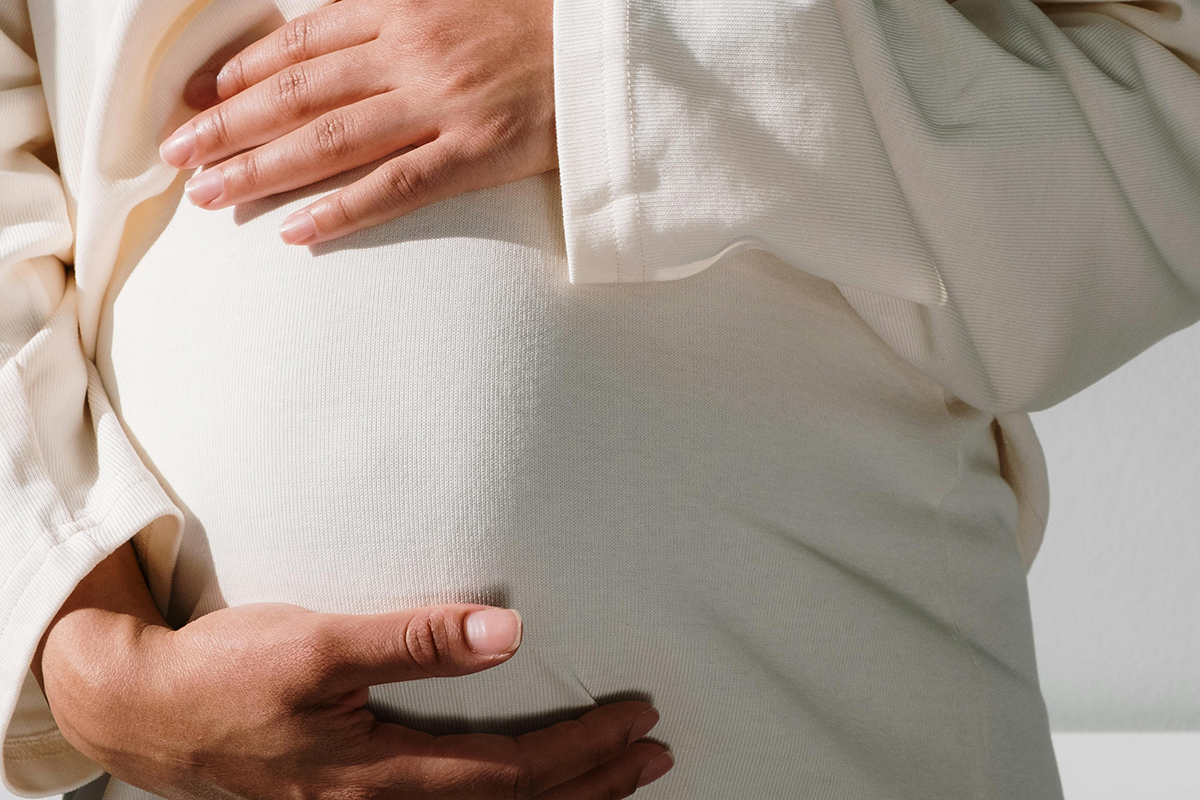Sex in menopause is a hot topic right now — from news articles and movies to novels like Miranda July’s All Fours that celebrate women having midlife sexual awakenings. The consensus seems to be that my generation (I am a young Gen Xer) is having better sex in midlife than previous generations, or at least we are more vocal about it.
In the midst of all that sex talk, a paper from 2020 made the rounds again, and prompted a flurry of headlines suggesting that having more sex could delay menopause.
Should we be focused on having more sex to keep estrogen levels up and stave off menopause and the symptoms and health risks that come along with it? Let’s take a look at the data.
Is increased sexual activity associated with a later age at menopause?
In the past, researchers found that women who were married seemed to experience natural menopause at a later age than women who had never been married and women who were divorced. The authors of those studies posited that women who lived with men were exposed to male pheromones — chemicals humans release that act on other humans — and that those male pheromones acted on women’s reproductive systems to keep them ovulating longer.
The authors of the 2020 study I mentioned above reference these previous studies, and they have a different hypothesis: women who are married are more likely to be having sex. They then ask if the sexual activity itself leads women’s bodies to continue to ovulate for longer.

The authors used data from the Study of Women’s Health Across the Nation (SWAN), which enrolled about 3,000 premenopausal women at four community health centers in the U.S. and followed those women over time — enrollees have now been followed for more than 20 years. SWAN researchers surveyed all enrollees about their marital status, their household makeup, and their sexual activity at the time of enrollment. The researchers also collect data regarding when the women experience menopause and whether that menopause was natural — that is, that the women were not using any hormonal treatments and did not have surgery that led to menopause.
The authors used this data to ask two questions. First, is living with a man, either as a partner or not, associated with a later age at natural menopause? Second, is increased sexual activity associated with a later age at menopause?
They found that women who were married were not more likely to experience natural menopause at a later age. This was a departure from previous findings. They also found that women who were engaged in more frequent sexual activity were more likely to experience menopause at a later age regardless of whether they were married or lived with their partner.
Exploring the reasons why this might be true
The authors’ findings are associations, and we cannot draw any conclusions about causation. It is important to note that quantifying the frequency of sexual activity was based on survey data in which women were asked a series of questions, including how often they were having intercourse, how often they were engaging in other sexual activities with a partner, such as oral sex, and how often they were masturbating. Their answers to those questions were recorded based on the question where they recorded the greatest frequency. So a woman could be having no sexual intercourse with a partner but masturbating daily, and she would be coded as engaging in sexual activity daily for the purposes of this data analysis.
While it is wonderful that women are engaging in all types of sexual activity, this recording of data is less consistent with the authors’ hypothesis that having sex, which creates the possibility of pregnancy, actually increases ovulatory frequency. It would seem that men don’t have anything to do with this association. In theory, we could masturbate our way to a later menopause — good news for those women who are not currently partnered or who aren’t in heterosexual relationships.
Or could it be that women who are more sexually active in the pre- and perimenopausal years are different from women who are less sexually active in ways that may also be associated with later age at menopause? There are many reasons why women who reported more sexual activity might be more likely to experience menopause at a later age.
Many women report that their sex drive ebbs and flows over the course of their menstrual cycle, reporting increased libido around ovulation and just before their menstrual period. Perhaps increased sexual activity is the result of increased sexual desire, which is actually driven by the fact that they are still ovulating regularly.
Similarly, perhaps women who are engaged in more sexual activity are physically younger than their chronological age would suggest. This is analogous to the idea that women who are able to conceive at a later age are likely to live longer than women who aren’t. Increased sexual activity is a sign of “younger” ovaries and slower overall aging.
Finally, perhaps women who are engaged in more sexual activity are healthier than women who are engaged in less sexual activity. For example, we know that smoking cigarettes is associated with menopause at an earlier age and with other chronic diseases, including lung disease and high blood pressure.
Ultimately, based on the current data we cannot say that increasing your sexual activity will cause you to have menopause at a later age. We are unlikely to get data that proves that increased sexual activity delays menopause. I am trying to imagine the study that would allow us to do that, one in which women are randomized to engage in sexual activity at different frequencies. I think it would be challenging to get that one past research ethics supervisors.
The bottom line
- Previous studies found that married women seemed to experience menopause at a later age on average than never-married and divorced women.
- Data from the SWAN study suggest that while being married is not associated with a later age at menopause, engaging in more sexual activity is associated with a later age at menopause.
- There is no data to suggest that this relationship is causal; rather, there are likely other factors at play in the observed association.
















Log in